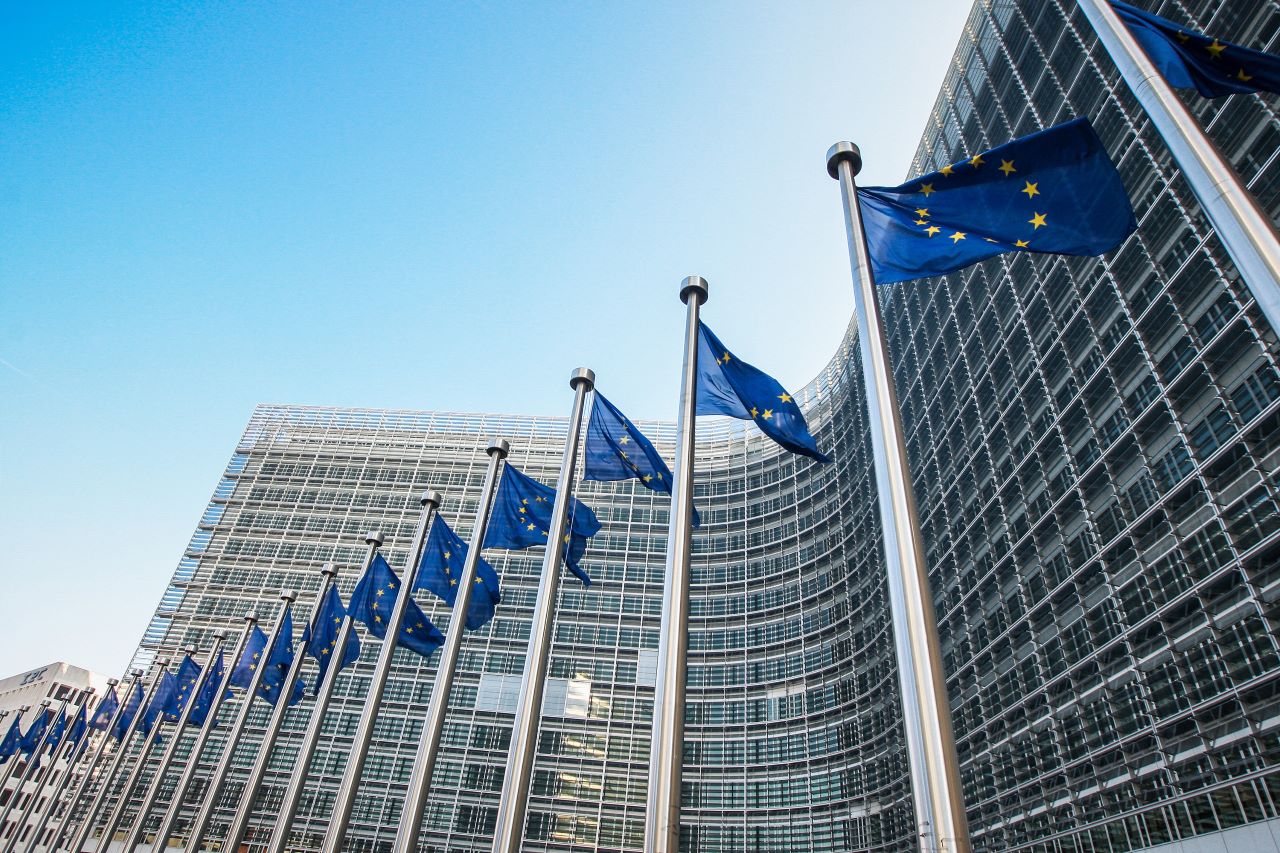
The recent legislative reform proposals put forward by the European Commission (EC) have sparked significant discontent among pharmaceutical companies. The proposed changes aim to reduce the time between new drug launches in the 27 EU markets and the entry of generic competitors into the market. While a handful of incentives are offered by the reform package, they are overshadowed by the potential drawbacks for the innovative sector. This blog explores the key areas of concern for pharmaceutical companies and some of the potential implications of these reforms.
Weakening of market exclusivity protection
One of the primary concerns raised by the pharmaceutical industry is the proposed reduction in market exclusivity. Currently, drug makers enjoy a baseline of ten years of exclusivity, which includes eight years of data exclusivity and an additional two years of market protection.
The proposed reforms reduce exclusivity for non-orphan drugs to eight years, as the standard period of regulatory data protection changes from eight years to six years. This change significantly diminishes the protection afforded by market exclusivity by allowing off-patent competitors to submit marketing authorisation applications for generic or biosimilar products with less than two years of exclusivity remaining.
Generic and biosimilar firms are likely to heavily utilise this provision, and earlier market entry may lead to faster price drops for branded drugs.
Adjustments to orphan drug exclusivity
The proposed reform also detrimentally affects the exclusivity periods for orphan drug developers. The standard period of orphan market exclusivity is set to be reduced from ten to nine years. An additional year is available for medicines addressing a high unmet medical need, but the criteria for qualifying are restrictive.
See Also:
While the possibility of orphan market exclusivity lasting up to 13 years theoretically exists, meeting the eligibility conditions is likely unattainable for most developers. Consequently, market exclusivity no longer provides the level of protection it once did, and developers face the risk of off-patent competitors launching in the EU as soon as exclusivity ends.
How well do you really know your competitors?
Access the most comprehensive Company Profiles on the market, powered by GlobalData. Save hours of research. Gain competitive edge.

Thank you!
Your download email will arrive shortly
Not ready to buy yet? Download a free sample
We are confident about the unique quality of our Company Profiles. However, we want you to make the most beneficial decision for your business, so we offer a free sample that you can download by submitting the below form
By GlobalDataUpending innovative companies’ launch strategies
The notion of establishing a single market for medicines has been met with strong opposition from the innovative sector. The concept proposes “Union launches” in exchange for a variable regulatory data protection period, wherein manufacturers can receive up to two additional years of data protection if their medicines are supplied in all EU member states within two years of centralised marketing authorisation.
While the aim is to foster fairness and uniformity in access to new medicines, the proposal leaves the industry vulnerable to national-level regulatory and pricing barriers. Countries could exploit the deadline to pressure manufacturers into reducing prices or risk losing market exclusivity. The resulting upheaval in launch strategies may mean that pharma can no longer depend on prioritising market launches in countries that support higher prices.
International reference pricing (IRP) considerations may also become much more complicated since the price set in the first launch market can potentially have spillover effects in other countries that use IRP.
Challenges in implementation and lobbying efforts
The proposed reforms are now subject to examination by the European Council and the European Parliament, which may introduce amendments. Innovative trade associations are expected to appeal to pro-business and pharma-friendly member state governments to negotiate concessions from the EU.
Public battles are not in the industry's best interest, so trade associations are likely to focus on behind-the-scenes negotiations. The passage of legislation is not anticipated before the next EU parliamentary elections in 2024, potentially resulting in delays until late 2024 or even 2025. Once the new regulations are in force, member states will have 18 months to transpose the directive into national law.
Pharmaceutical companies express deep concerns regarding the EC's proposed reforms, particularly regarding the reduction in market exclusivity and the upheaval it poses to their well-established launch strategies. The industry is bracing for potential challenges in accessing multiple EU markets within the context of the strict two-year timeframe. As the legislative implementation process unfolds further, lobbying efforts and back-room negotiations will be crucial in shaping the final outcome of the reforms.







Related Company Profiles
IRP Holdings Limited